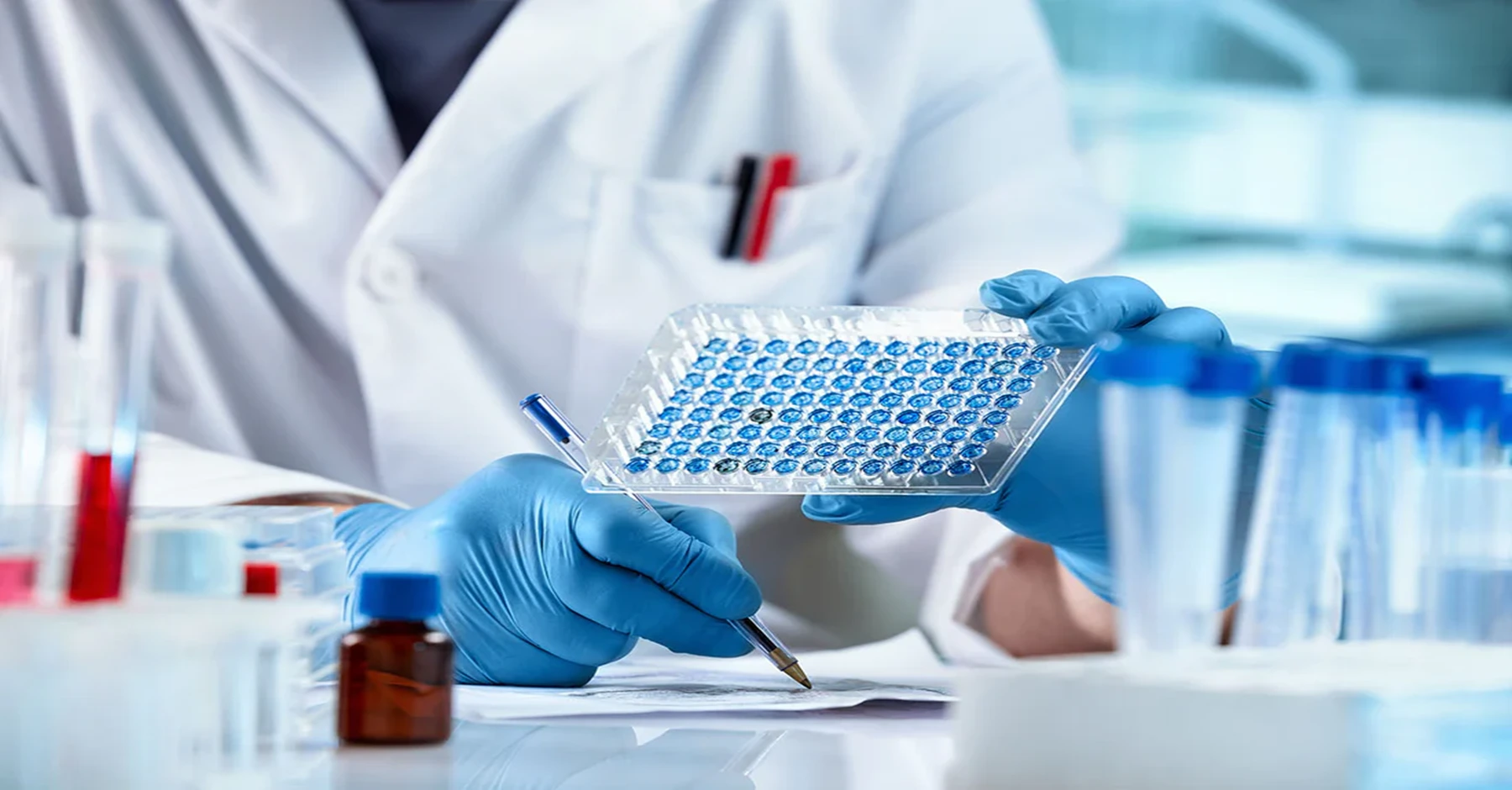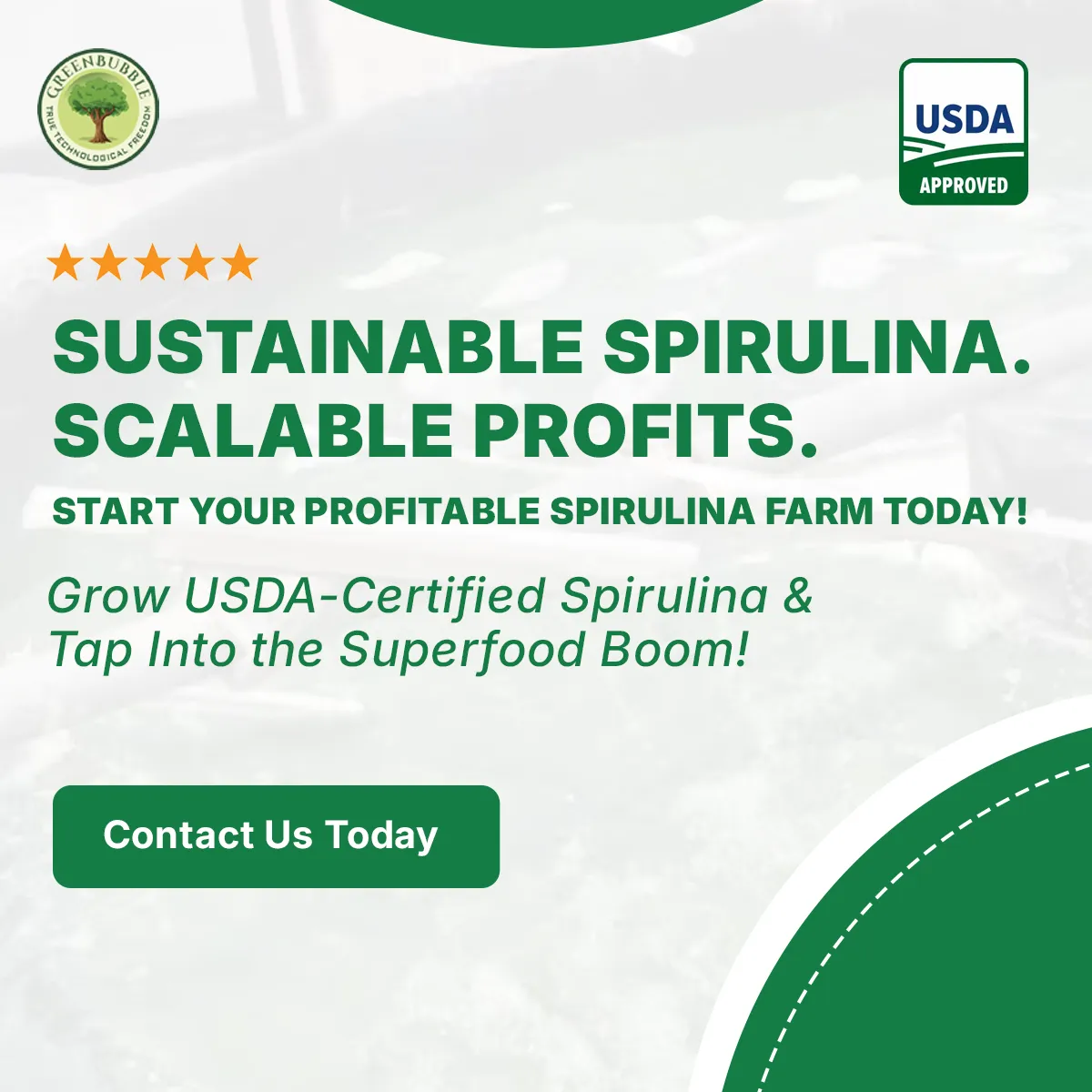With spirulina now recognized globally as a superfood, the market is rapidly expanding. But alongside this growth, consumers and B2B buyers alike are asking a critical question: Is this spirulina safe, clean, and nutritionally potent?
The answer lies in one essential document—the Certificate of Analysis (COA). This often-overlooked certificate is the gold standard for validating quality, and it plays a key role in commanding premium pricing for spirulina powder, spirulina capsules, and fortified products.
In this article, we explore how a COA influences pricing, market access, and consumer trust, and why it’s non-negotiable in today’s spirulina business.
What is a COA?
A Certificate of Analysis (COA) is a third-party verified lab report that confirms a product’s identity, potency, and purity. For spirulina farming, this document validates that the harvested biomass:
- Meets minimum nutrition standards
- Is free from microbial contamination
- Contains no heavy metals or banned substances
- Matches labeling claims for protein, moisture, carotenoids, etc.
Every batch of spirulina meant for retail, export, or high-value markets must be backed by a valid COA.
→ Learn more about maintaining compliance in Spirulina Quality Control in Mass Production
Why COA Matters in Spirulina Farming
Spirulina is often consumed in raw or minimally processed forms—as powders, capsules, or smoothies. This direct consumption makes safety and nutritional accuracy even more critical.
A COA offers:
- Proof of Spirulina Benefits: Confirming protein content, β-carotene, phycocyanin, vitamins, etc.
- Safety Assurance: Validating absence of E. coli, Salmonella, heavy metals, pesticides, plate counts
- Credibility for Export: Required by most international buyers, especially for USDA Organic or EU Organic spirulina
- Price Justification: Higher-quality COA-backed products can command ₹1,000–₹2,200/kg, compared to ₹500–₹700/kg for uncertified spirulina.
→ Explore more about the impact of quality on margins in Profitability in Spirulina Farming
What Should Be Included in a Spirulina COA?
An ideal COA for spirulina covers 4 major domains:
1. Nutritional Composition
- Protein (≥ 60%)
- Iron (≥ 410 mg/kg)
- Carotenoids (≥ 5500 mg/kg)
- Vitamins (B1, B2, B12)
- Phycocyanin crude and pure (>15%)
- Spirulina nutrition facts including moisture & ash content
2. Microbial Safety
- Total Plate Count (TPC)
- Yeast and Mold
- Absence of E. coli, Salmonella, Staphylococcus aureus
3. Heavy Metals & Contaminants
- Arsenic, Lead, Mercury, Cadmium: within WHO/FSSAI limits
- Pesticide residues: none detected (especially for organic spirulina)
4. Physical Characteristics
- Color, taste, odor
- Powder mesh size
- Bulk density
- Particle size (especially for capsules or tablets)
- Solubility and moisture content
Premium Spirulina = COA + Certifications
To justify premium pricing, producers need more than a COA—they need certifications built on COA-backed records:
- HACCP: Hazard management during production
- GMP: Ensures consistency in manufacturing
- USDA/EU Organic: Zero synthetic chemicals
- ISO 22000: Food safety compliance
- India Organic (NPOP) for domestic organic claims
Each of these relies on COAs as primary documentation during audits.
→ Learn how tech and hygiene help with compliance in Automation in Spirulina Farming
COA and Consumer Trust: Spirulina Benefits Must Be Verified
In a crowded supplement market, clean-label transparency is what separates leaders from the rest. Whether it’s spirulina capsules uses, smoothie powders, or spirulina mix products, today’s health-conscious buyer wants proof.
A published COA can:
- Reinforce spirulina benefits for women seeking iron-rich supplements
- Confirm purity for detox blends or spirulina for skin health
- Validate nutrient claims like spirulina protein content for athletes or vegans
- Show safety for cautious groups asking who should not take spirulina
COA in B2B Bulk Spirulina Sales
For businesses buying bulk spirulina for formulation, COAs are indispensable. They use it to:
- Verify batch consistency
- Meet FSSAI or international import norms
- Prepare custom fortified spirulina blends
- Create label claims legally (e.g., “High in Protein”)
In most cases, no COA = no business.
How COAs Justify Higher Price Points
Here’s how pricing aligns with the presence (or absence) of COAs and quality control:
| Spirulina Type | COA Status | Certifications | Price Range (per kg) |
| Uncertified | No COA | None | ₹400 – ₹600 |
| Basic Organic | Internal COA | India Organic | ₹800 – ₹1200 |
| Premium Organic | 3rd-party COA | USDA, EU Organic | ₹1500 – ₹2200 |
| Fortified Blends | With COA | USDA + GMP | ₹2200+ |
Real-World Example: Certified Spirulina vs. Local Farm
Scenario 1: Non-COA Product
- Spirulina powder from a small farm
- No batch testing, only visual inspection
- Price: ₹600/kg
- Buyer returns product due to smell and poor solubility
Scenario 2: COA-Backed Product
- Spirulina dried under 40°C, vacuum sealed
- COA attached: protein 64%, no heavy metals
- Price: ₹1,750/kg
- Buyer places recurring order for 6 months
→ Read how larger farms ensure success in Challenges and Solutions in Scaling Spirulina Farming
Integrating COA into Product Labels and Marketing
COA data should be summarized clearly in consumer-facing materials:
- Product label: “Tested for 64% Protein. Lab Verified.”
- Website: Batch-wise downloadable COAs
- Marketplace listings: COA snapshot in image carousel
This builds consumer trust and supports health claims tied to spirulina benefits and side effects.
Addressing COA-Related Myths and the Danger of Spirulina
Some brands hide behind vague “lab tested” claims without publishing real COAs. This puts consumers at risk of:
- Underdosed nutrients
- Contaminants (heavy metals, bacteria)
- Poorly absorbed forms
- Negative side effects of spirulina due to quality issues
How to Get a 3rd party COA for Your Spirulina Product
If you’re a producer, you can work with NABL-accredited labs or international labs to generate COAs. Key steps:
- Collect random sample from dried batch
- Ship to lab in sterile, sealed pouch
- Run tests for nutrition, microbes, metals
- Get results with official lab signature
- Repeat per batch for new harvests
For value-added spirulina mixes, each formulation may need a separate COA for legal marketing claims.
Conclusion: COA Is Your Spirulina Product’s Passport to Premium Markets
In spirulina farming, quality isn’t what you claim—it’s what you can prove. And the COA is your proof. Whether you’re targeting nutrition-conscious consumers, health retailers, or international buyers, investing in certified, COA-backed spirulina products is the fastest way to elevate your brand—and your price.
👉 Want to build a COA-compliant, high-value spirulina brand?
Explore our turnkey spirulina farming and processing solutions or contact us for sourcing, lab partnerships, and compliance consulting.


